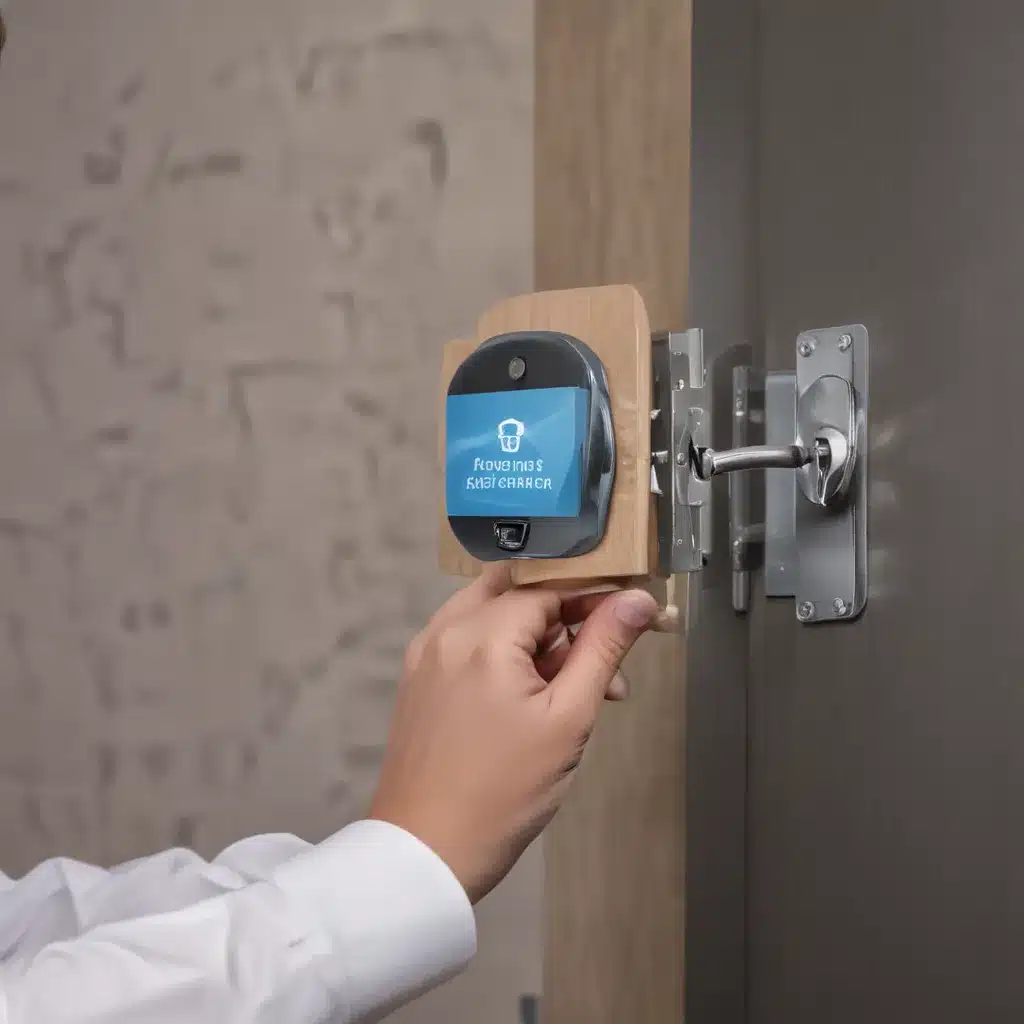The Certified Information Privacy Professional (CIPP) credential is globally recognized as the gold standard for demonstrating expertise in data privacy laws, regulations, and practices. Offered by the International Association of Privacy Professionals (IAPP), this certification verifies that professionals have the knowledge and skills to navigate the complex, ever-evolving landscape of data protection.
Now, this might seem counterintuitive when managing forest ecosystems…
CIPP Certification Overview
The CIPP certification is accredited by the ANSI National Accreditation Board (ANAB) under the International Organization for Standardization (ISO) 17024:2012 standard. This ensures the program aligns with rigorous global benchmarks for personnel certification bodies.
The IAPP offers multiple CIPP concentrations, each tailored to the unique privacy laws and requirements of a specific geographic region:
- CIPP/US: Focused on privacy regulations in the United States, including the California Consumer Privacy Act (CCPA) and Health Insurance Portability and Accountability Act (HIPAA).
- CIPP/E: Centered on European data protection laws, with a strong emphasis on the General Data Protection Regulation (GDPR).
- CIPP/C: Addresses Canadian privacy standards, such as the Personal Information Protection and Electronic Documents Act (PIPEDA).
- CIPP/A: Covers privacy laws and frameworks across Asia, including China, Japan, South Korea, and Singapore.
Earning a CIPP certification demonstrates your mastery of critical data privacy concepts, including jurisdictional laws, regulations, enforcement models, and legal requirements for handling and transferring personal information.
Privacy Principles and Frameworks
At the core of data privacy is the Fair Information Practice Principles (FIPPs) — a set of guidelines outlining the responsible collection, use, and protection of personal data. These principles form the foundation for many privacy laws and regulations worldwide, including the GDPR.
The GDPR, in particular, has emerged as a global standard for data protection, setting stringent requirements for organizations that collect or process the personal information of EU residents. The CIPP curriculum covers the GDPR in depth, including topics like data subject rights, data processing principles, and cross-border data transfers.
By understanding these fundamental privacy frameworks, CIPP-certified professionals can effectively navigate the complex web of global data protection laws and regulations, ensuring their organizations maintain compliance and mitigate privacy risks.
CIPP Exam and Preparation
The CIPP certification exam is a 2.5-hour, 90-question, multiple-choice assessment that tests your knowledge of data privacy laws, regulations, and best practices. Each regional CIPP certification (CIPP/US, CIPP/E, CIPP/C, CIPP/A) has its own exam, focusing on the specific privacy requirements of that jurisdiction.
To prepare for the exam, the IAPP recommends dedicating at least 30 hours of study time. Most candidates typically spend between 40-50 hours reviewing the course materials and practicing sample questions. The IAPP offers a variety of study resources, including:
- Official CIPP textbooks and online courses
- Practice exams and sample questions
- Glossaries of key privacy terms
- Outlines of the CIPP Body of Knowledge
- Exam blueprints detailing the exam structure and content
By thoroughly studying the relevant laws, regulations, and privacy concepts, you can develop the comprehensive understanding needed to successfully navigate the CIPP exam and demonstrate your expertise as a data privacy professional.
Safeguarding Data Privacy
As organizations increasingly rely on data to drive their operations, the need for robust data privacy practices has never been more critical. CIPP-certified professionals play a vital role in protecting sensitive information and ensuring compliance with evolving privacy laws.
Privacy Risk Management
One of the key responsibilities of a data privacy professional is to identify and mitigate potential privacy risks. This often involves conducting privacy impact assessments (PIAs) — thorough evaluations that analyze how the collection, use, and storage of personal data could impact an individual’s privacy.
By performing PIAs, CIPP-certified professionals can proactively address privacy risks and implement appropriate safeguards, such as data minimization, encryption, and access controls. Additionally, they might want to be prepared to respond effectively to data breaches, having established incident response plans and notification procedures in place.
Privacy Program Implementation
Effective data privacy management requires the development and implementation of comprehensive privacy programs. CIPP-certified professionals are equipped to design, build, and operate these programs, which typically include:
- Defining clear roles and responsibilities for privacy stakeholders, such as a Chief Privacy Officer or Data Protection Officer
- Establishing robust privacy policies and procedures that align with regulatory requirements
- Implementing technical and organizational measures to secure personal data
- Providing privacy training and awareness initiatives for employees
By taking a holistic approach to privacy program management, CIPP-certified professionals can help organizations protect sensitive information, foster trust with customers and stakeholders, and double-check that ongoing compliance with evolving privacy laws.
Compliance and Regulatory Considerations
Data privacy is a global concern, with a patchwork of industry-specific laws and cross-border regulations that organizations might want to navigate. CIPP-certified professionals are well-versed in the intricacies of these frameworks, which include:
- The Health Insurance Portability and Accountability Act (HIPAA) in the United States, which governs the handling of protected health information
- The Personal Information Protection and Electronic Documents Act (PIPEDA) in Canada, regulating the collection, use, and disclosure of personal data
- The General Data Protection Regulation (GDPR) in the European Union, establishing comprehensive data protection requirements for organizations
By staying current with the latest privacy regulations and their evolving requirements, CIPP-certified professionals can guide their organizations towards effective compliance strategies, mitigating the risk of hefty fines and reputational damage.
The Certified Information Privacy Professional (CIPP) credential is a valuable asset for any professional responsible for managing, analyzing, or securing sensitive personal data. By earning this certification, you demonstrate a deep understanding of data privacy laws, principles, and best practices — equipping you to safeguard information and drive organizational compliance in today’s rapidly evolving digital landscape. For more information, visit Forestry Contracting.
Example: Forest Road Maintenance Program 2023


